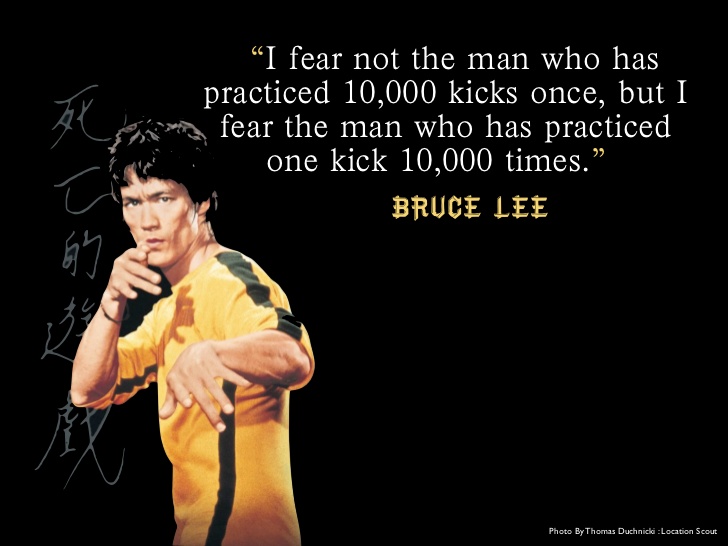
Courtesy of Bright Hub
There are two ways to look at one’s business: “inside-out” or “outside-in”. Let me go through each in turn.
The first approach starts with what one first possesses before looking at anything else. It raises questions such as what one’s organisation has in terms of capital, equipment, core competencies, human resources, customer relationships and distribution networks and how these could be leveraged upon.









